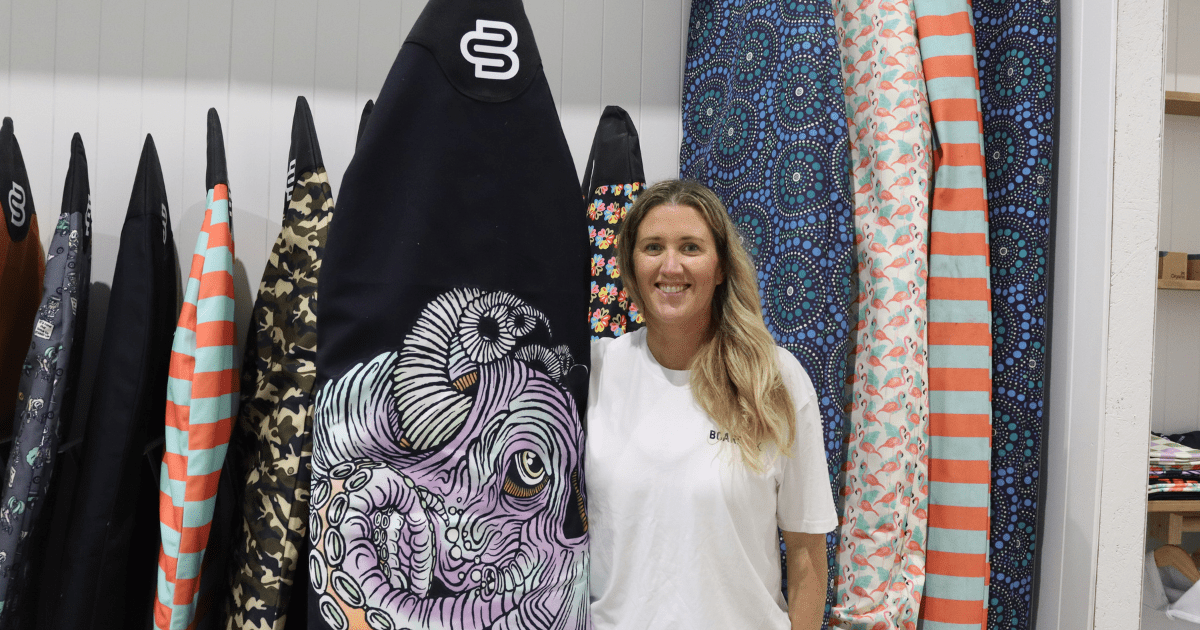Understanding different blood types

Human blood is not all the same. It was not until 1900-1901, when Austrian-born biologist Karl Landsteiner discovered the ABO blood groups and why some blood transfusions were successful while others could be deadly.
Your blood group (with blood types A, B, AB and O) is dependent on the surface markers, or antigens, found on the surface of your red blood cells. Blood type A has A antigens present on the red cell surface, blood type B has B antigens present, blood type AB has both A and B antigens present and blood type O does not have either A or B antigens on the red cell surface.
The positive or negative sign next to the blood group is known as the Rhesus (Rh) factor. Karl Landsteiner and his American colleague Alexander Wiener discovered the Rh blood group and reported it in 1940, 1941.
Like the ABO system, the positive or negative component of your blood type refers to an inherited protein that can either be present or absent on the surface of your red blood cells.
If you have Rhesus D protein present on your red blood cells, you are Rh positive (Rh+). If your blood lacks this protein, you are Rh negative (Rh-).
Why is it important to find out our blood type?
Receiving a blood type that is different to yours, or a blood type that is not compatible, may lead to a severe immune response.
If you are in a situation where you require a blood transfusion, you will require compatible blood.
Additionally, it is routine and important that the Rh factor for a mother and unborn child be determined during pregnancy.
A baby’s blood type can be different to their mothers.
If a mother’s blood is Rh- and her baby’s blood Rh+, a mother may produce antibodies if some of the baby’s blood cells mix with hers during pregnancy or childbirth.
These antibodies do not usually cause harm during the first pregnancy, however severe complications may arise if the mother falls pregnant again with another child who is also Rh+. As Rh+ is more common than Rh-, all mothers with Rh- blood type are offered a series of safe ‘anti-D immunoglobulin’ injections during pregnancy to prevent the mother from developing antibodies.
Did you know?
Blood type O is the most common worldwide.
People with blood type O can be given to patients of all blood types, as it lacks the antigens that could react negatively to other blood types.
This is why blood type O- is known as the universal blood donor.
People with blood type O can only receive blood type O.
Blood type AB is the least common worldwide.
People with blood type AB+, which carries both the A and B antigen, can receive blood from all different blood types.
More than 4 out of 5 Australians are Rh positive.
Someone with Rh+ blood can receive both Rh+ and Rh- transfusions, but those with Rh- can only receive Rh- blood.

















